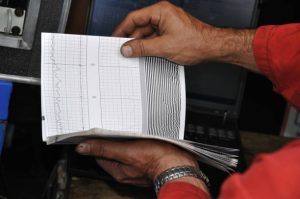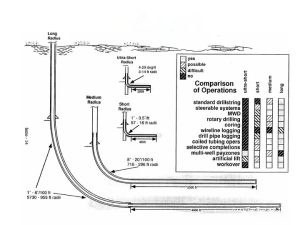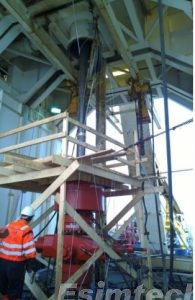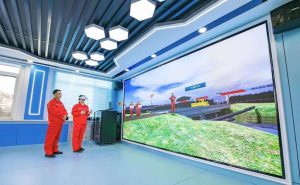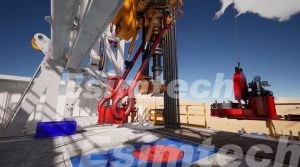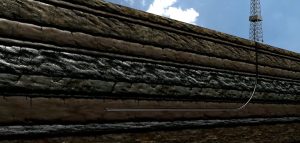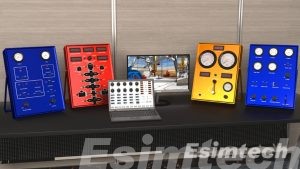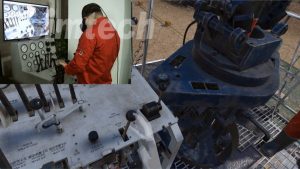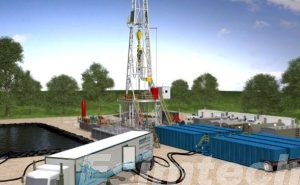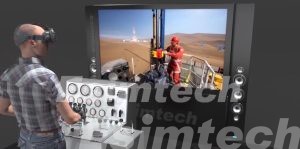Formation Evaluation Using Well Logs
Formation evaluation is a critical process in the oil and gas industry used to determine the physical and fluid properties of subsurface formations. It helps engineers identify hydrocarbon-bearing zones, evaluate…
Unconventional Oil and Gas Development Trends: Is Horizontal Drilling Still the Core?
In the development of unconventional oil and gas resources such as shale oil, shale gas, and tight oil and gas, horizontal drilling has almost been regarded as the “standard technology”…
Using Well Logging Simulators for Open Hole and Cased Hole Training
Training of well logging engineers has always been a challenge. Open hole and cased hole logging involve different tools, workflows, risks, and decision points, with most training programs still depending on…
The Long-Term Business Costs of Inadequate Oil Well Training
In many oil well projects, training is often regarded as a “necessary but compressible cost”. As long as basic compliance requirements are met and personnel have previous experience, it is…
Improving Pipeline Integrity Through Simulation-Based Operator Training
Pipeline integrity fails because of human errors, which include missed signals and delayed responses and incomplete procedure understanding during emergencies. Operator training needs to extend beyond traditional manual and classroom slide…
How AI-Powered Drilling Simulators Create Adaptive, Unpredictable Training Scenarios for Crews?
It is well understood that if drilling teams are able to look ahead to simulator scenarios from memory, then the effectiveness of training is undermined. Traditional simulators, while useful for learning…
Horizontal Drilling vs Directional Drilling: What’s the Difference & Which to Choose?
In the modern field of oil and gas exploration and development, “drilling a straight well” is no longer the only option, nor is it the most efficient one. As the…
Well Control Simulator Requirements for IWCF and IADC Training
An oil and gas well control training program requires a simulator, which acts beyond its role as a tool for its operation. Rather, it is an important part of the…
How To Evaluate The Effectiveness Of Oil And Gas Training
In the oil and gas industry, the high-risk working environment means that the skill level and safety awareness of employees directly affect the safety of enterprise operations and production efficiency…
How to Choose an Oil and Gas Simulation Training System: A Practical Guide for Companies and Institutions
As the oil and gas industry increasingly demands higher standards for safety production, operational norms, and efficiency improvement, the traditional “master-mentee” training method has become inadequate for complex working conditions…
Oil Drilling Animation in HSE Training Programs for Oil & Gas Companies
Health, Safety, and Environment (HSE) training is a fundamental aspect of the drilling activities in the oil and gas industries. The fact is that many organizations in the oil and…
Use VR Simulator for Practicing Snubbing Operation in Oil and Gas
Snubbing operation training has traditionally consisted of classroom theory and limited live exercises, which are often high-risk, for decades. There is one underlying challenge that the industry has: how to…

